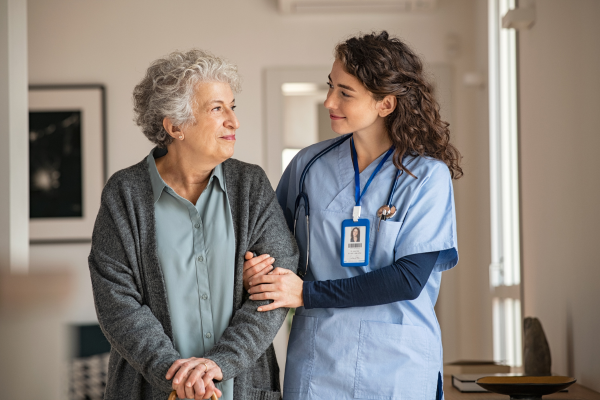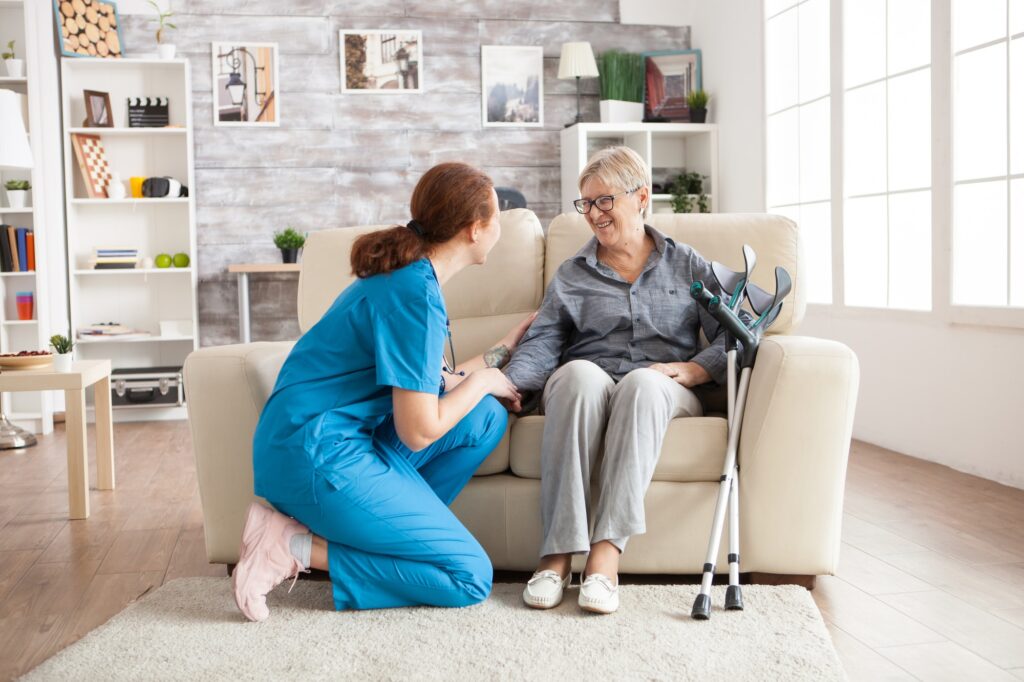
Home healthcare allows individuals to receive the support they need while staying in familiar surroundings. While family members often step in to provide care, professional caregivers bring training, experience, and reliability that informal care cannot match.
This post outlines the differences between professional and informal caregivers and explains why trained professionals are essential for quality home care.
Professional Caregivers vs. Informal Care
Many families rely on relatives or untrained aides for caregiving. While this is done out of love, it may not always meet the medical and personal needs of the person receiving care.

What Professional Caregivers Offer:
Medical Training – Professionals are trained in first aid, CPR, and proper medication management.
Experience with Specialized Care – Many have expertise in dementia care, post-surgery recovery, and mobility support.
Consistent and Reliable Support – A professional follows a structured schedule, ensuring continuous care.
Emotional and Physical Endurance – Caregiving can be physically and emotionally demanding. Professionals are trained to manage these challenges.
Accountability and Supervision – Agencies monitor and evaluate caregivers to maintain high standards.
Limitations of Informal Care:
Lack of Medical Knowledge – Untrained caregivers may struggle with wound care, mobility assistance, or managing chronic conditions.
Higher Risk of Mistakes – Family members might mix up medications, overlook symptoms, or struggle with emergency response.
Emotional Stress and Burnout – Caring for a loved one without training can lead to exhaustion, frustration, and even resentment.
Irregular Schedules – Family caregivers have personal responsibilities, making it hard to provide full-time care.

Risks of Unqualified Care
Improper care can have serious consequences. Some common risks include:
Medication Mismanagement
Missing doses, giving the wrong medication, or incorrect timing can lead to health complications.
A professional caregiver follows medical instructions accurately, preventing errors.
Delayed or Improper Medical Response
An untrained person may not recognize signs of a medical emergency or react quickly enough.
Professionals know when to call for help and how to stabilize a person until medical personnel arrive.
Increased Risk of Falls and Injuries
Lack of training in mobility support can result in falls, fractures, or other injuries.
Professionals assist with transfers, walking, and positioning to reduce risks.
Emotional and Social Neglect
A person receiving care may feel isolated if their caregiver is overwhelmed or inattentive.
Professional caregivers engage with clients, offering companionship and emotional support.
Professional care makes a difference in a person’s health, safety, and overall well-being. If your loved one needs expert home care, contact us today to find the right caregiver.
